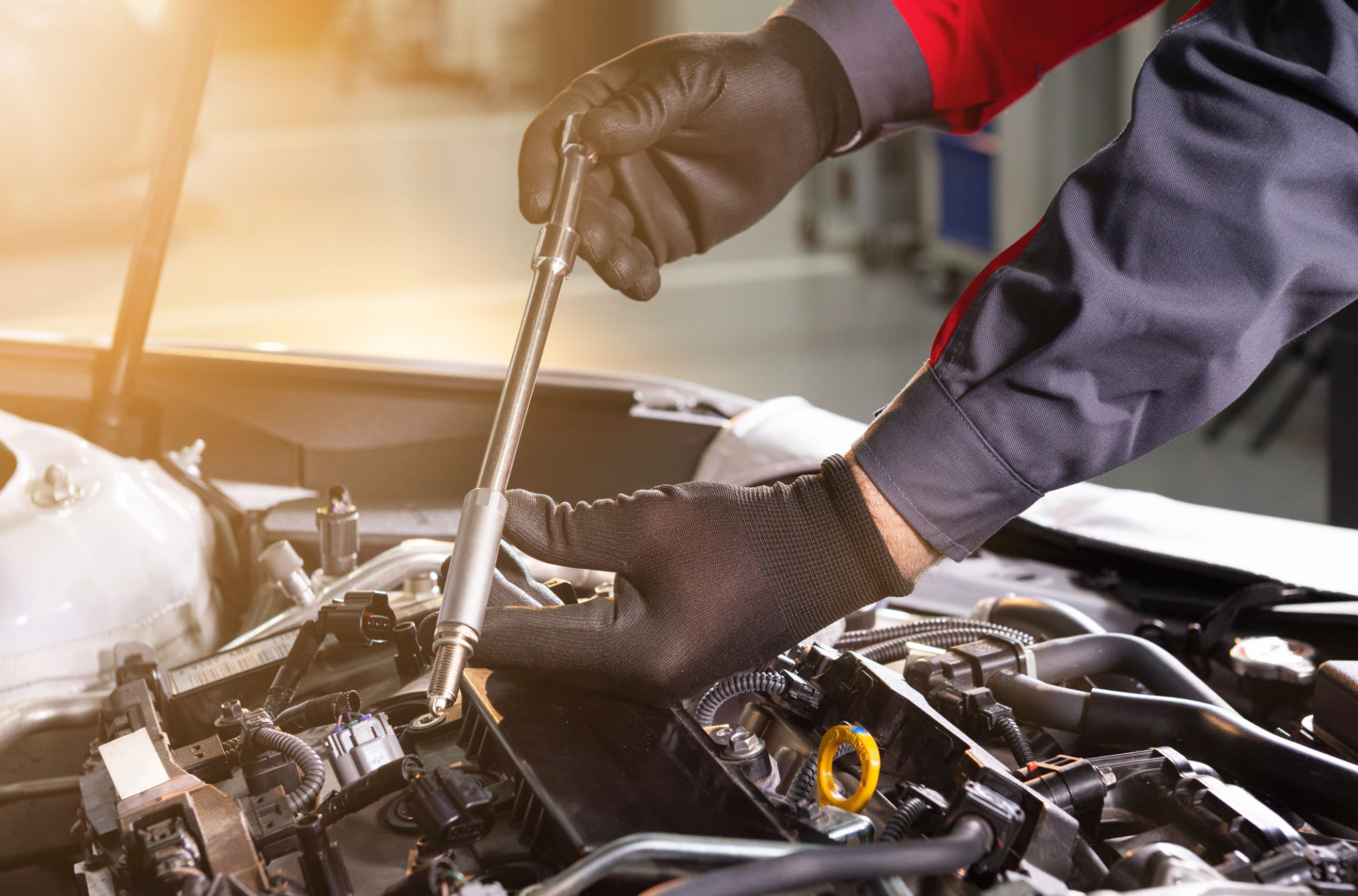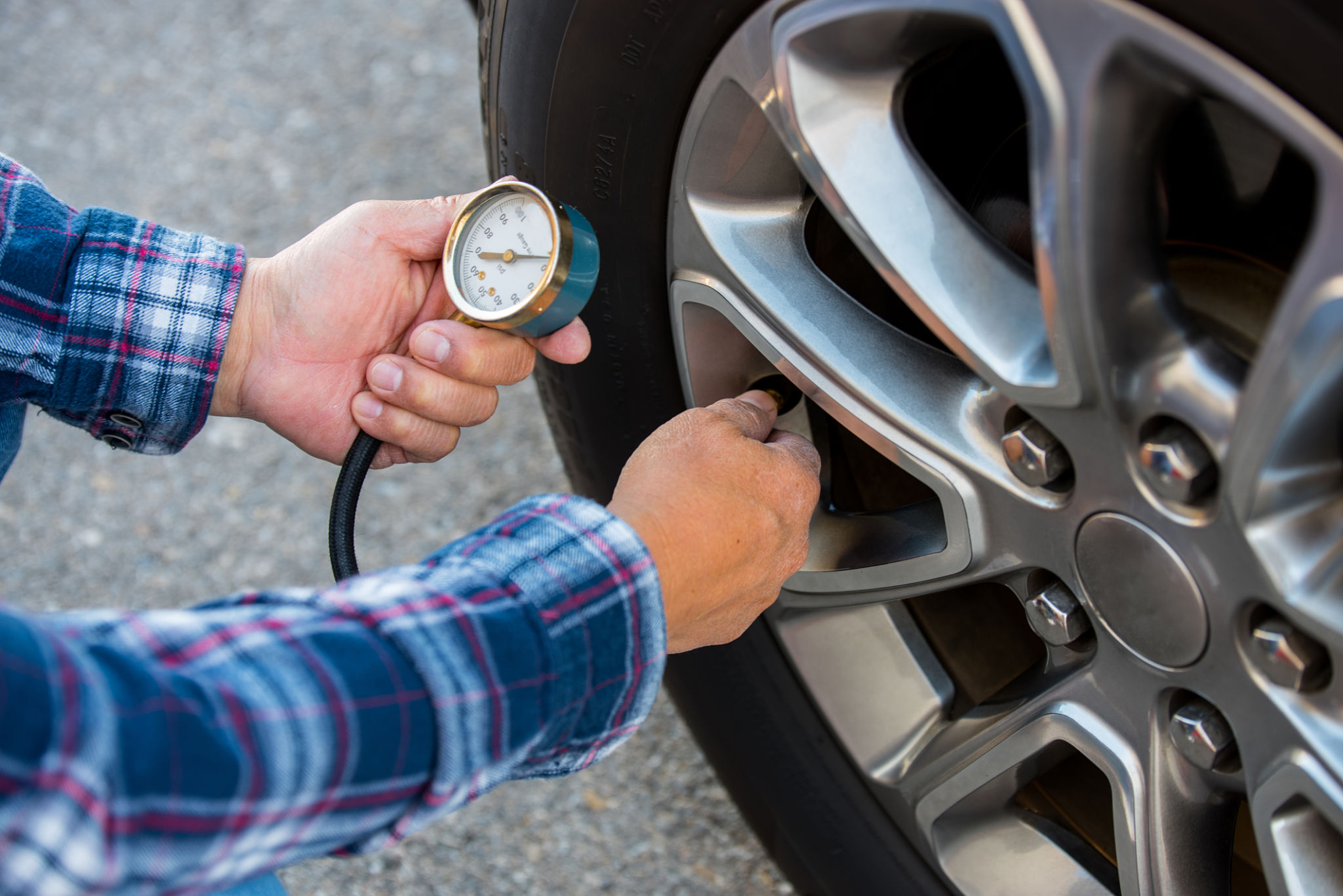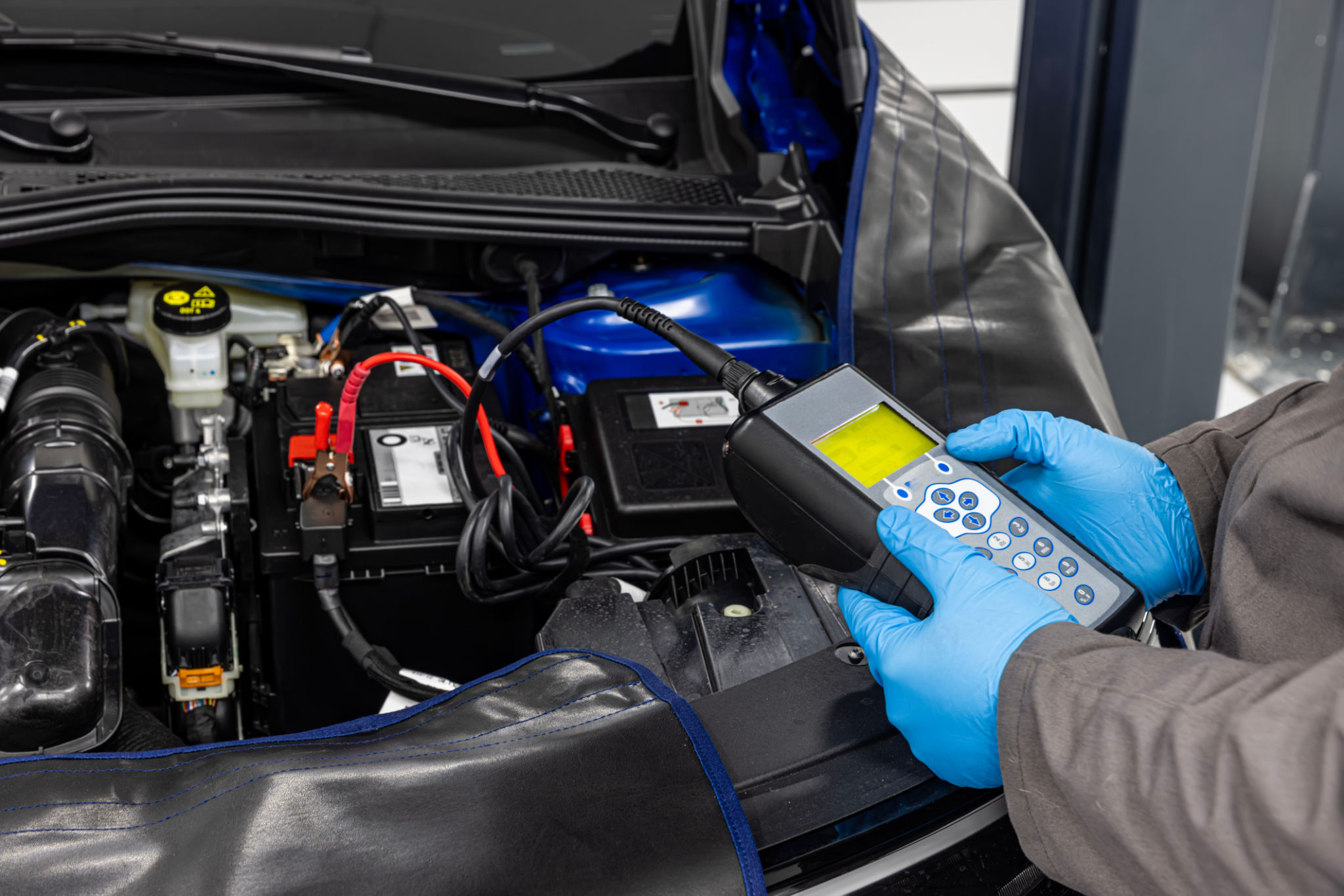DIY Car Maintenance: Essential Tips for Eagle Pass Drivers
Introduction to DIY Car Maintenance
Maintaining your vehicle is crucial to ensure it runs smoothly and lasts longer. For drivers in Eagle Pass, staying on top of car maintenance can prevent unexpected breakdowns and costly repairs. With a few essential tips and a little bit of effort, you can handle basic car maintenance tasks yourself. This guide will help you get started.
Even if you're not a car expert, there are several simple checks and procedures you can perform to keep your vehicle in top shape. Regular DIY maintenance helps maintain your car's performance and safety.

Regular Oil Checks and Changes
Oil is the lifeblood of your car's engine. Over time, it can become dirty or low, affecting your car’s performance. Checking your oil level is simple: remove the dipstick, wipe it clean, reinsert it, and then remove it again to see the current level. If the oil is low or appears dirty, it’s time for a change.
Changing the oil yourself can save money and time. Ensure you have the right type of oil and a new oil filter. Follow your vehicle's manual for specific instructions on how to safely perform an oil change. Regularly changing your oil can significantly extend the life of your engine.
Checking Tire Pressure and Tread
Tires are one of the most critical components of your vehicle. Proper tire maintenance ensures better fuel efficiency and improved safety. Check your tire pressure regularly using a pressure gauge, and compare it with the recommended pressure found in your vehicle's manual or on the driver’s side door jamb.

Inspecting your tire tread is equally important. The tread should be deep enough to provide adequate traction, especially in wet conditions. Use a penny to check tread depth: insert it with Lincoln’s head upside down into the tread; if you can see all of Lincoln’s head, it’s time to replace your tires.
Battery Maintenance
Your car's battery is essential for starting the engine and powering electrical components. Check the battery terminals for corrosion, which can prevent the battery from charging. Clean any corrosion with a mixture of baking soda and water, applied with a wire brush.
Additionally, test your battery's charge level using a multimeter or battery tester. A healthy battery should read about 12.6 volts or higher when fully charged. If your battery is old or not holding a charge, consider replacing it before it fails completely.

Brake Checks
Brakes are crucial for your safety on the road. Regularly inspect your brake pads for wear and tear; thin or uneven pads may need replacement. Listen for unusual noises like squealing or grinding while braking, as these could indicate issues.
If you notice any signs of brake problems, address them promptly to avoid more serious damage or safety hazards. While some brake work may require professional assistance, understanding the basics will help you make informed decisions about necessary repairs.
Conclusion: Stay Proactive
By following these essential DIY car maintenance tips, Eagle Pass drivers can keep their vehicles in excellent condition and reduce the risk of unexpected repairs. Regular checks and preventive measures not only save money but also ensure a safer driving experience.
Remember that while DIY maintenance is beneficial, some tasks require professional expertise. Don’t hesitate to consult a mechanic for complex issues beyond your comfort level. With proactive care, you can enjoy a smoother ride and extend the life of your vehicle.